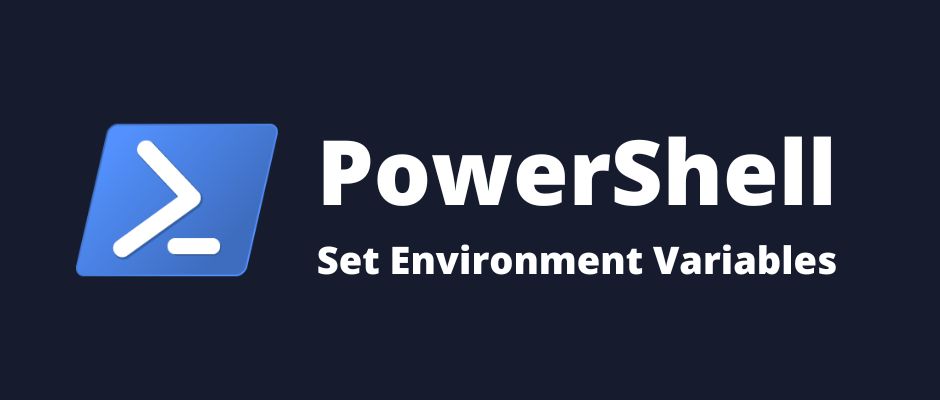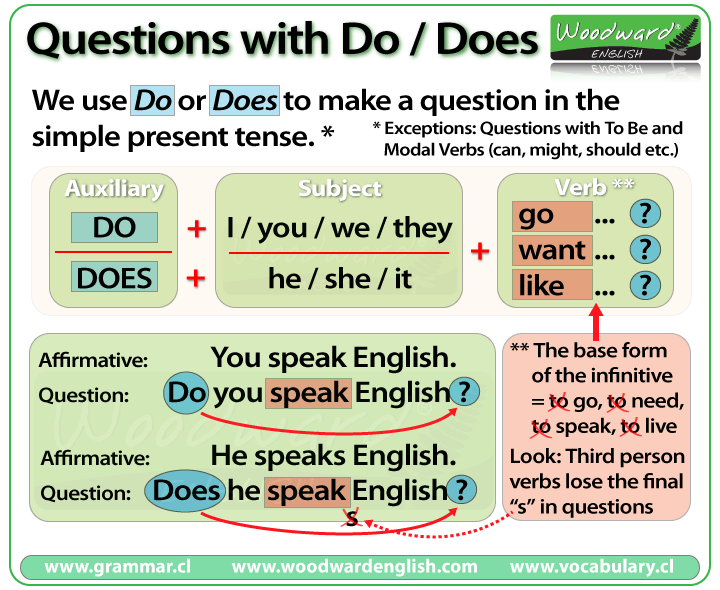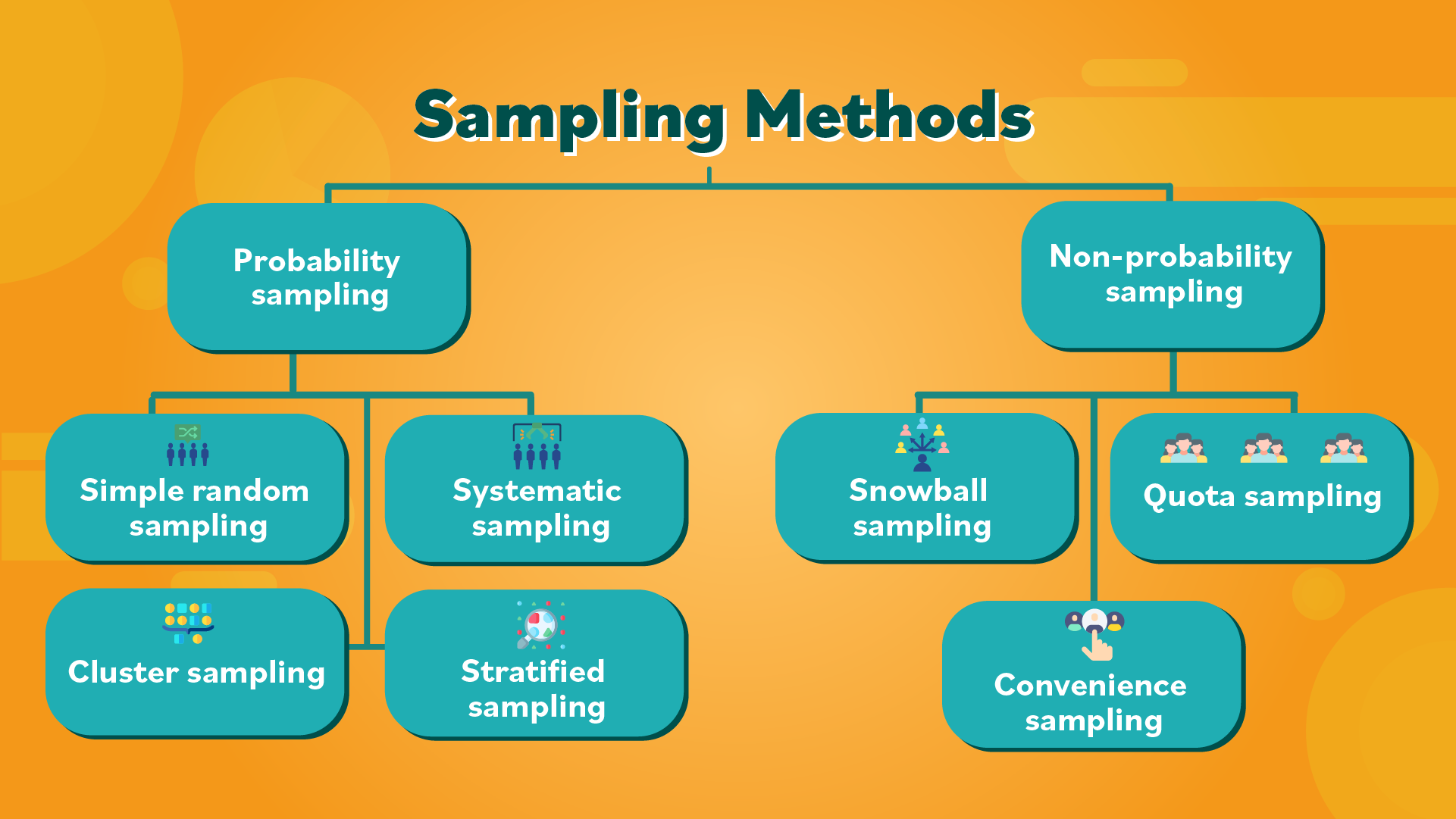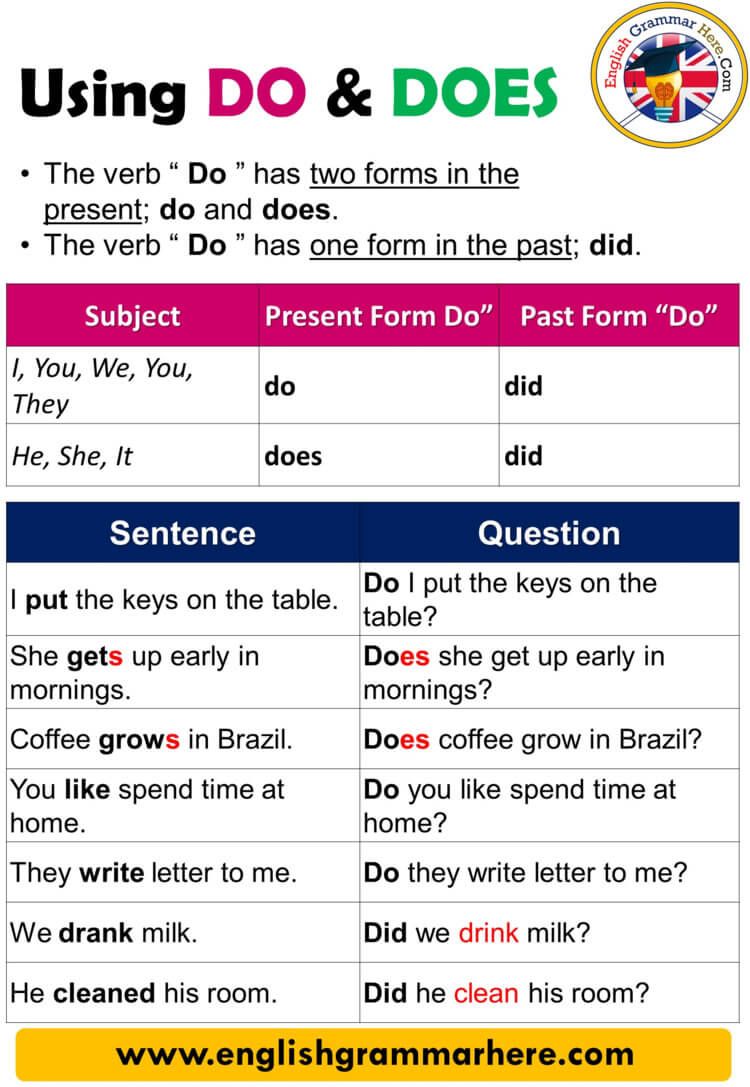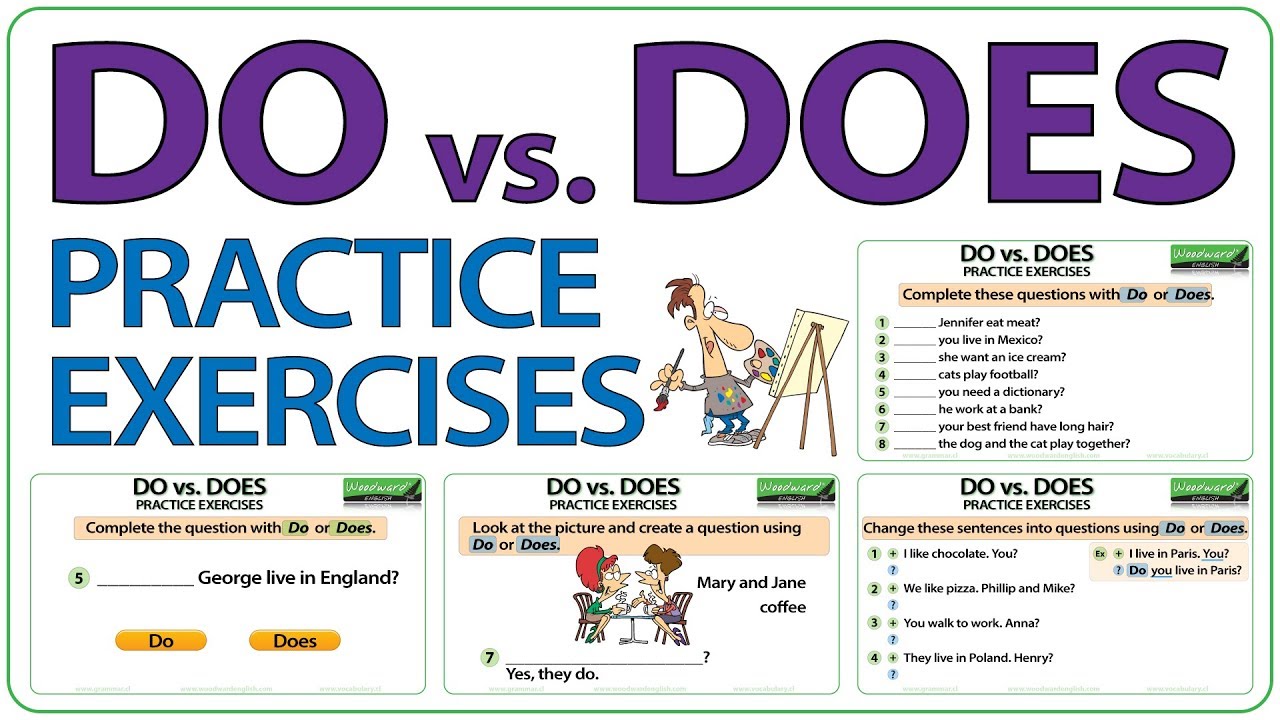Do You Need a Real Estate License to Wholesale? Legal Requirements, State Rules, and Practical Steps
Understanding Wholesaling Real Estate: The Basics
Wholesaling real estate is a strategy where an individual-commonly known as a wholesaler -contracts to purchase a property and then assigns that contract to another buyer for a profit. Unlike traditional real estate transactions, the wholesaler typically does not take ownership of the property but instead profits by selling their rights in the contract to a third party. This approach offers opportunities for investors to enter the real estate market with limited capital and without holding properties for the long term. However, the legal landscape for wholesaling varies significantly between states, and understanding licensing requirements is essential for compliance and business success.

Source: umdoisesportes.com.br
Do You Need a Real Estate License to Wholesale?
The necessity for a real estate license to wholesale properties depends on the state in which you operate and the specific activities you perform. In many states, wholesalers do not need a license if they act only as principals in the transaction-that is, if they buy the property themselves or assign their purchase contract directly to an end buyer without representing others or negotiating sales for a fee. This is the case in large markets like New York and Texas, where as long as the wholesaler uses assignment contracts or double closings and does not act as a broker, no license is required [1] [3] .
However, some states require a real estate license if you engage in more than a certain number of wholesale transactions, or if your activities cross into those reserved for licensed professionals. For example, states like South Carolina, Kentucky, and Illinois have stricter requirements, often mandating a license for anyone facilitating the sale, purchase, or lease of real estate for others or conducting multiple wholesale deals annually [2] .
State-by-State Breakdown: Key Variations
Since real estate law is primarily governed at the state level , your obligations can differ widely:
- New York: No license is required if you wholesale as a principal using assignment contracts or double closings. However, you cannot represent buyers or sellers or advertise properties for others unless licensed. Marketing the assignment contract-not the property itself-is permitted for unlicensed wholesalers [3] [5] .
- South Carolina: Requires a real estate license for wholesaling, making it one of the strictest states [2] .
- Kentucky and Illinois: Wholesalers must be licensed if they facilitate the sale of real estate or perform more than one wholesale transaction per year [2] .
- Pennsylvania (Philadelphia): Requires a specific Residential Property Wholesaler License for those whose business involves buying residential properties solely for resale or facilitating such sales. Exemptions exist for licensed attorneys, real estate agents, and other special cases [4] .
- Texas and Nevada: Generally do not require a license for wholesaling, provided you do not act as a broker or represent other parties [2] .
If you are considering wholesaling in your state, you should start by reviewing your state’s licensing laws or contacting your state’s real estate regulatory agency for the most current regulations.
How to Legally Wholesale Without a Real Estate License
To remain compliant with the law while wholesaling real estate without a license, it is essential to:
- Act as a Principal: Always enter contracts as the buyer, not as an agent or representative of the seller or another buyer. You are selling your interest in the contract, not the property itself.
- Use Assignment Contracts or Double Closings: Assignment contracts allow you to sell your contractual rights to another buyer, while double closings involve purchasing and immediately reselling the property. Both methods are widely used by wholesalers to stay within legal guidelines [3] .
- Do Not Represent or Advertise for Others: Avoid marketing properties on behalf of others or negotiating sales as an unlicensed intermediary, as this could be considered illegal brokerage activity in most states [5] .
- Familiarize Yourself with State Contracts: Understand the standard purchase agreements and key contract terms in your state. For example, in New York, wholesalers often use the state’s standard purchase agreement forms and assign their rights to another buyer [5] .
- Document Everything: Keep thorough records of all transactions, contracts, and communications. This can help demonstrate that you operated as a principal and not as an unlicensed broker in the event of a legal inquiry.
In some jurisdictions, like Philadelphia, you may need a specific wholesaler license. In this case, you should apply through the local Department of Licenses and Inspections, which can provide the necessary forms and guidance on eligibility and process [4] .

Source: slideshare.net
Potential Advantages of Getting a Real Estate License
While not always required, some wholesalers choose to obtain a real estate license because of the following benefits:
- Access to Multiple Listing Service (MLS): Licensed agents can view more properties, access exclusive data, and list their own deals on the MLS [1] .
- Expanded Marketing Abilities: Licensed wholesalers are permitted to market properties more broadly and publicly, which can lead to more deals and better profits [3] .
- Enhanced Credibility and Knowledge: Completing the licensing process increases your understanding of real estate law and builds trust with buyers and sellers.
- Additional Revenue Streams: Licensees can represent buyers and sellers in traditional real estate transactions, not just in wholesale deals [1] .
However, obtaining a license involves costs, education, and ongoing compliance, so weigh these factors against your business goals.
Step-by-Step Guidance to Start Wholesaling Legally
Follow these steps to begin wholesaling real estate while maintaining compliance:
- Research Your State’s Laws: Visit your state’s real estate regulatory agency website or contact them directly to understand specific licensing requirements and restrictions.
- Network and Build a Buyers List: Connect with local investors, attend real estate meetings, and use social media to build relationships with potential buyers.
- Learn Contract Law Basics: Familiarize yourself with standard purchase and assignment contracts for your state. Consider consulting with a real estate attorney to ensure your documents and processes are compliant.
- Find Motivated Sellers: Use direct mail, online marketing, and local networking to find off-market properties and owners willing to sell below market value.
- Negotiate and Secure the Contract: Once you find a property, negotiate favorable terms and secure the property under contract as the principal buyer.
- Assign or Double Close: Assign the contract to a ready buyer for a fee, or execute a double closing to buy and immediately resell the property.
If your city or state requires a special license (like Philadelphia’s Residential Property Wholesaler License), you can apply through the local licensing department. Look for official government websites or contact your city’s Department of Licenses and Inspections for instructions.
Common Challenges and How to Address Them
Wholesaling can present legal and practical challenges. Key issues include:
- Navigating State Laws: Laws change, and some states may increase restrictions. Stay informed by regularly checking your state’s real estate commission website or consulting with a real estate attorney.
- Marketing Limitations: Unlicensed wholesalers may be limited in how they can market deals. Focus on marketing the contract, not the property, or consider getting licensed for expanded options [3] .
- Risk of Unintentional Brokerage: Be clear that you are selling your contract rights, not acting as a broker. Avoid giving advice or negotiating on behalf of others.
- Compliance and Documentation: Keep accurate records to demonstrate your compliance with local laws and business best practices.
Alternative Approaches and Additional Resources
If your state has strict licensing requirements, you might consider:
- Partnering with Licensed Agents: Work alongside licensed professionals to help facilitate deals while remaining compliant.
- Getting Licensed: If wholesaling will be a core part of your business, obtaining a license may be worthwhile for expanded access and flexibility.
- Investing in Education: Many real estate associations offer courses and resources on compliance and best practices for wholesalers.
To find the most up-to-date information for your area, search for your state’s “real estate commission” or “department of real estate” online. You can also contact your local real estate board for referrals to attorneys familiar with wholesaling compliance.
Key Takeaways
Whether you need a real estate license to wholesale depends on your location and the details of your business model. In many states, acting strictly as a principal buyer allows you to wholesale legally without a license. However, stricter states may require licensing, especially if you conduct multiple transactions or act in a brokerage capacity. Stay current on your local laws, document your activities, and consider consulting with professionals to avoid legal pitfalls and maximize your success in the real estate wholesaling business.
References
- [1] Real Estate Skills (2025). Is Wholesaling Real Estate Legal in New York? A 2025 Guide.
- [2] Empora Title (2024). Is Wholesaling Real Estate Legal? Your Comprehensive Guide.
- [3] BatchLeads (2025). The Complete Guide to Wholesaling Real Estate in New York.
- [4] City of Philadelphia (n.d.). Get a Residential Property Wholesaler License.
- [5] Real Estate Skills (2025). How to Wholesale Real Estate in New York: Step-By-Step Guide.
MORE FROM couponito.com

